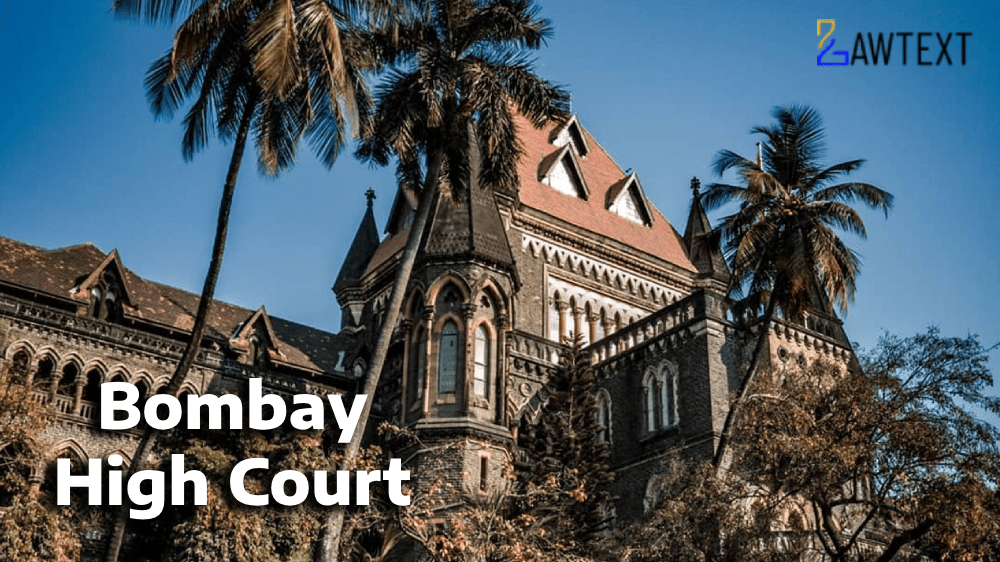

Application filed under Section 482 of the Criminal Procedure Code for quashing the FIR and proceedings under Section 306 of the IPC (abetment to suicide). The deceased, Prashant, had lent money to the applicant (Ramrao), and upon non-repayment, committed suicide. A video recording, considered a suicide note, blamed Ramrao for the suicide. The court, however, found that the ingredients of abetment under Section 306 IPC were not met. Consequently, the FIR and proceedings against the applicant were quashed.
1. Filing of Application
The applicant sought to quash an FIR lodged under Section 306 of the Indian Penal Code for abetting the suicide of Prashant, who had lent him money (Para 2).
2. Deceased’s Financial Troubles
Prashant had borrowed money from friends and gave it to the applicant (around ₹5,50,000). The applicant became bankrupt, refused to return the money, leading Prashant into distress (Para 4).
3. Video Suicide Note
Prashant recorded a video before his death, blaming the applicant for non-repayment of money and expressing his mental turmoil, but also stated that he was not pressured by anyone to commit suicide (Para 9).
4. Legal Precedents Cited
The applicant’s counsel cited several rulings (e.g., Vaijnath Kondiba Khandre vs State of Maharashtra) emphasizing that financial disputes alone do not amount to abetment of suicide unless there's active incitement or instigation (Para 5, 6).
5. Quashing of FIR
The court held that the evidence (video recording and statements) did not prove that the applicant directly instigated the suicide. Therefore, the FIR and proceedings were quashed (Para 14).
Citation: 2024 LawText (BOM) (9) 205
Case Number: CRIMINAL APPLICATION NO.3086 OF 2023
Date of Decision: 2024-09-20
Case Title: Ramrao S/o Govindrao Dhakane VERSUS The State of Maharashtra
Before Judge: SMT. VIBHA KANKANWADI AND ABHAY S. WAGHWASE, JJ.
Advocate(s): Mr. Ajinkya Reddy Advocate for Applicant. Dr. Kalpalata Patil-Bharaswadkar, A.P.P. for Respondent No.1. Mr. Abhijit G. Choudhari Advocate for Respondent No.2.
Appellant: Ramrao S/o Govindrao Dhakane
Respondent: The State of Maharashtra